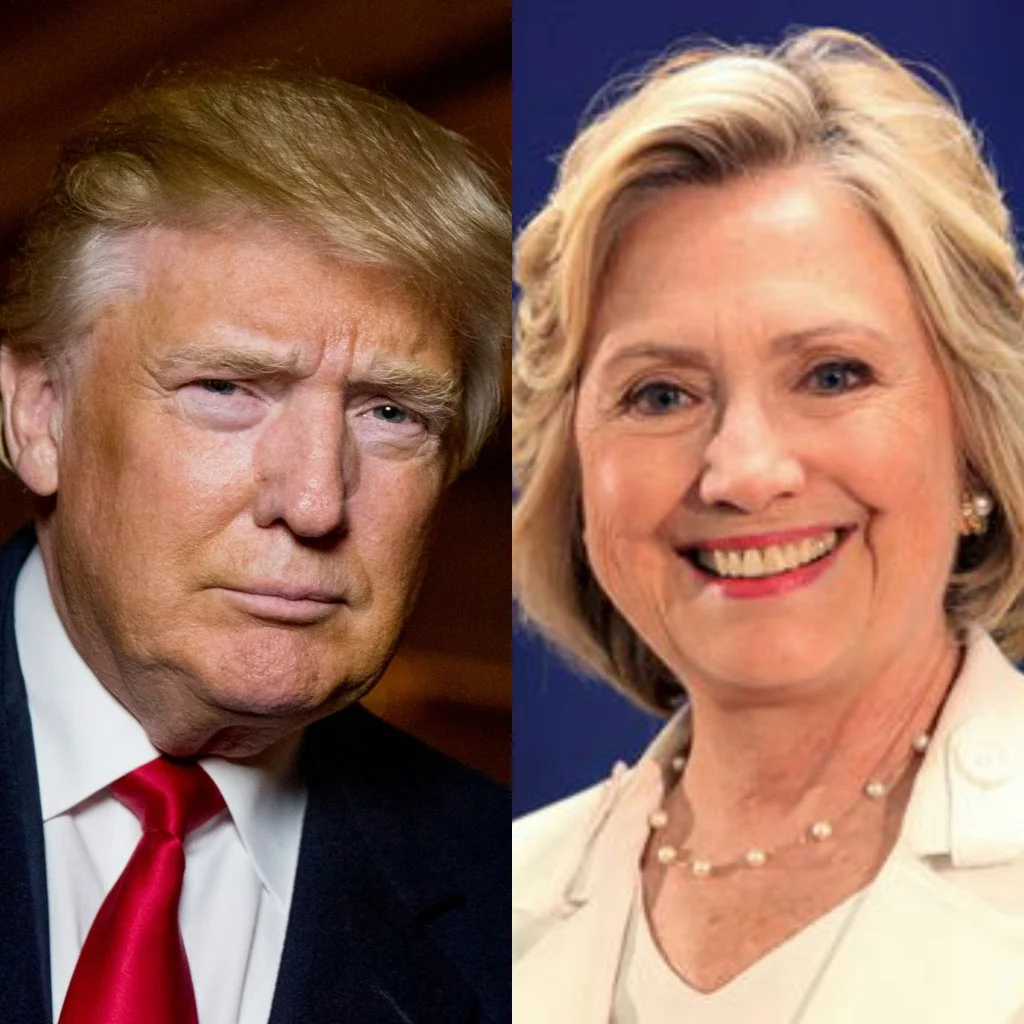Trump and Clinton Lap the Field on 'Super Tuesday' 3.0
The third ‘Super Tuesday’ during the 2016 presidential election cycle proved pivotal both in delegate math and political spin. Donald Trump’s massive eighteen-percentage point victory in Florida was impressive. Most impressive of Trump’s success in the Sunshine State was earning a victory by such a large margin in the home state of GOP rival Senator Marco Rubio. Suffering the near half million vote defeat forced Rubio to suspend his campaign and formally walk away from his lifelong dream.
Trump’s unfathomably large margin of victory in Florida is attributable to two main factors: First, Rubio lost favor with the Tea Party. Florida’s Tea Party was a coalition of disillusioned, anti-government Über-conservatives that facilitated Rubio holding office. They felt betrayed by the senator, who they believed ‘cozied up to the establishment’ and ignored their demands. According to a CBS News poll, 62 percent of Florida Republican voters felt betrayed by the Republican Party, and 47 percent are dissatisfied with the Federal government. If Florida Republican voters associated Rubio with the party they have lost favor with, overcoming that level of negative publicity was near impossible. Thus, ensuring Rubio would not earn a victory in the state he ‘failed to adequately represent in the Senate’ was the Tea Party’s new mission — mission accomplished!
Second, Trump’s uncanny aptitude for understanding what voters most fear and what they derive the most anger from is unmatched. Trump surmised that two basic human qualities, fear and anger are highly motivating. Using that knowledge, Trump masterfully designed his entire campaign around stoking fear and inciting anger. Florida was no different, and the combination of cynical Tea Party voters seeking revenge and Republican base voters fueled by Trump induced rage, generated a perfect storm for Trump in the important winner-take-all delegate rich battleground state.
For the Democratic Party, the disparity from first to second was more pronounced. Former Secretary of State Hillary Clinton beat her Democratic rival, Vermont Senator Bernie Sanders, by 31 percent! As previously discussed in “Dominating Clinton Victory Forces Sanders to Regroup,” losses of this scale at this stage of the election are inexcusable. It will require very special political spin from Sanders to maneuver a theme that is sufficient to undermine such an embarrassing loss. Florida represents the single most diverse racial demographic of voters the Democratic Party has held a primary for this election cycle. The result was another lackluster performance from Sanders. His performance among black voters is not only failing to improve, it is getting progressively worse as the election progresses. In North Carolina Sanders received 18 percent of the black vote compared to Clinton’s 80 percent. In Ohio Sanders received 23 percent of the black vote compared to Clinton’s 68. And in Illinois Sanders received 29 percent of the black vote compared to Clinton’s 70 percent.
These statistics would be unimportant in a Republican primary. However, Sanders is competing for the Democratic nomination. Black voters have traditionally provided the Democratic Party with a considerable amount of reliable support. If Sanders intends to represent the Democratic Party standard bearer, his campaign has a duty to adapt its message in order to reach a broader audience. Repeating his plan to ‘break up the banks’ and ‘stop corruption on Wall Street’ are strong messages, however they are limited and may have already exhausted their maximum potential.
Many believed that Sanders’ surprise victory in Michigan would ignite a chain reaction throughout the Rust Belt. But as the ‘Super Tuesday’ 3.0 results slowly entered the public domain, it was obvious that belief was wildly inaccurate. Clinton was successful in all five contests. In addition to a large win in Florida, she won in North Carolina by 14 percent, Ohio by 14 percent, Illinois by 2 percent, plus a narrow victory in Missouri. Five contests, five victories for Clinton. Five contests, five defeats for Sanders. After out fundraising and substantially outspending Clinton, Sanders’ Super Tuesday 3.0 losses hurt more than ordinary because the spending was so uneven.
Though he did not enjoy a clean sweep like Clinton, Trump also performed exceptionally well. Typically a qualifier like, “for a non-politician” or “for a novice” would accompany that statement. But in this instance, qualifiers would unfairly detract from how well Trump performed. Politician or not, Trump dominated the field. Considering four viable Republican candidates remained at the start of the night, Trump winning five out of six contests is mind-blowing. His lone defeat was to a sitting governor in that governor’s home state. While Trump's only close battle was in Missouri, but after all those votes were tallied, Trump tallied the most votes. *note: Missouri will not be officially declared for Trump till absentee ballots have all been counted.
Trump won in Florida by nearly 19 percent, in Illinois by 8 percent, in North Carolina by 4 percent, in Missouri narrowly, and in the Northern Mariana Islands Caucus.
Donald Trump and Hillary Clinton distanced themselves further from their party rivals with superb showings on the third Super Tuesday. But, their opponents continue to declare, ‘it’s just getting started.’ So, despite having seemingly insurmountable leads, both Trump and Clinton must prepare to continue fighting for their party’s nomination.
























